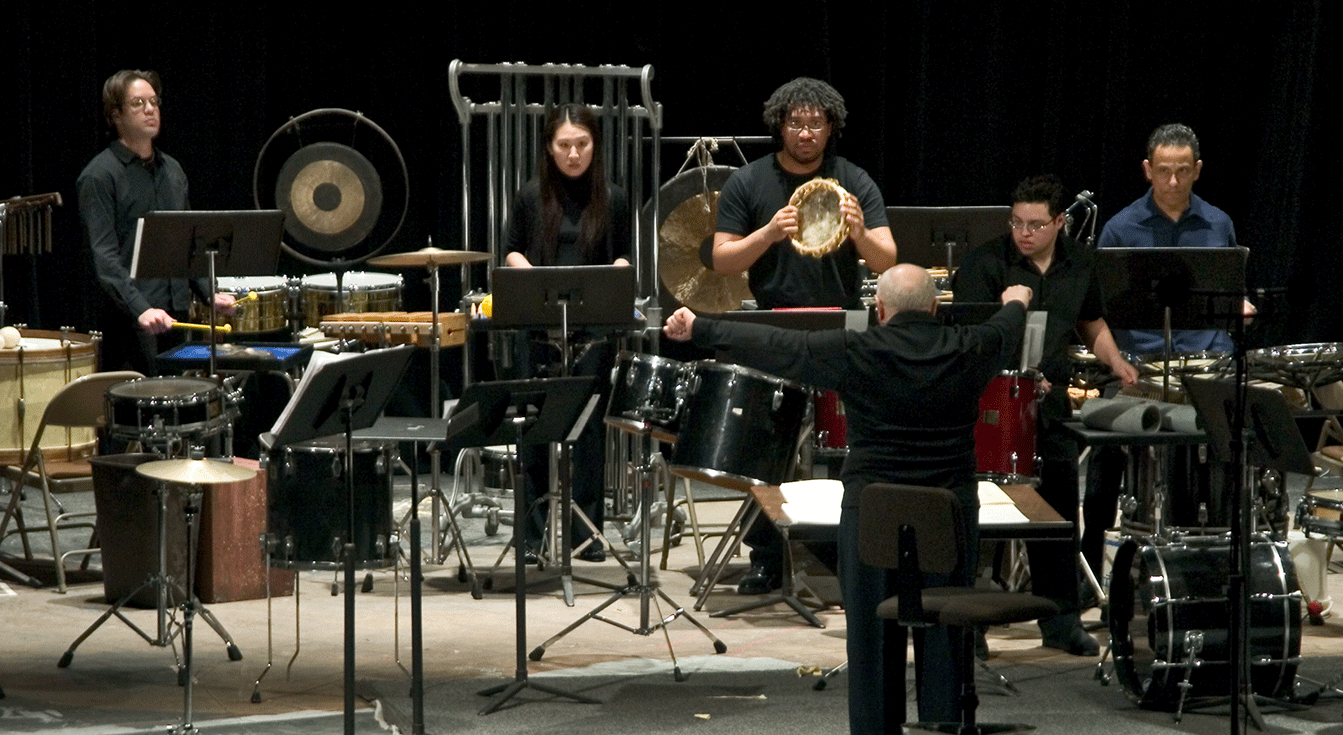| << Chapter < Page | Chapter >> Page > |

We live in a time of unprecedented access to information about and exposure to cultures from all over the world. The scholarly study of human customs, languages, religious beliefs, social institutions, family life, and so on is the subject of anthropology. The scholarly investigation of the music of different cultures is called ethnomusicology, and encompasses learning about how, why, where, and when music is created, who performs it, and its distinctive features. The following sections provide an introduction to the rich, complex, and diverse musical cultures of four world areas: Africa, India, Indonesia, and the Caribbean.
Africa is the second largest continent in the world, and home to a tenth of the world’s population and at least a thousand different indigenous languages. Therefore, it is impossible to describe a single entity called “African music.” One need only compare the sacred music of the Gnawa musicians of Morocco with the choral traditions that arose in the townships of South Africa to see the vast range of musical practices found throughout this huge and complex region.
Especially during the last century, however, scholars have tried to find ways to talk in general ways about Africa’s rich traditions, while always acknowledging the sometimes very subtle differences between countries and ethnic groups. Beyond the recognition that African musicians maintained a vibrant and very distinct art, it has also been noted that this music—especially that of West Africa, from where the majority of slaves were taken—has played a significant role in the black cultural Diaspora, with important implications for the music of Latin America, the Caribbean (see page 59), and a variety of African American traditions (see American vernacular traditions; Jazz). Thus, understanding a few concepts that are shared by much African music helps listeners appreciate not only the continent’s music itself but a host of related traditions. Fortunately, in today’s digital age, recordings of music from virtually all corners of Africa—both traditional repertoires and styles influenced by Western popular music—are readily available.
The Sahara Desert, which takes up almost the entire northern third of the continent, is perhaps the most important dividing line that comes into play when discussing music in Africa. Countries that lie partly or entirely north of the Sahara (Egypt, Libya, Morocco, Tunisia, etc.) tend to share many qualities with music of the Middle East. The rainforests and grasslands of Sub-Saharan Africa (Ghana, Cameroon, The Congo, Zambia, etc.) have produced very different traditions. In addition, distinctions are often made between Sub-Saharan musical traditions of Western, Eastern, Central, and Southern Africa.
As different as African musical traditions may sound from each other, they do tend to share both cultural and musical elements. However, one must always be cautious when trying to view these traditions through a Western musical or aesthetic lens.

Notification Switch
Would you like to follow the 'Music appreciation: its language, history and culture' conversation and receive update notifications?